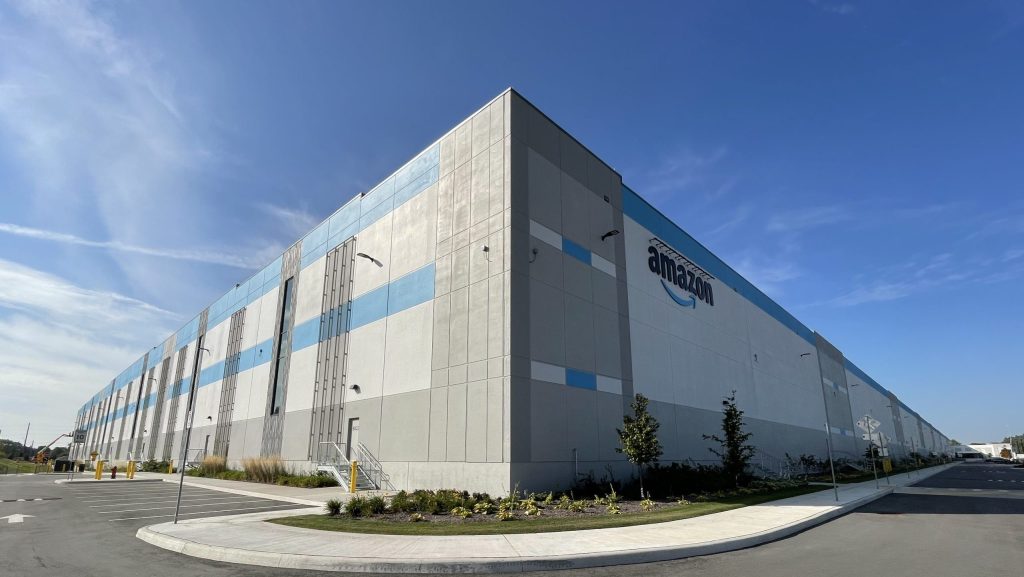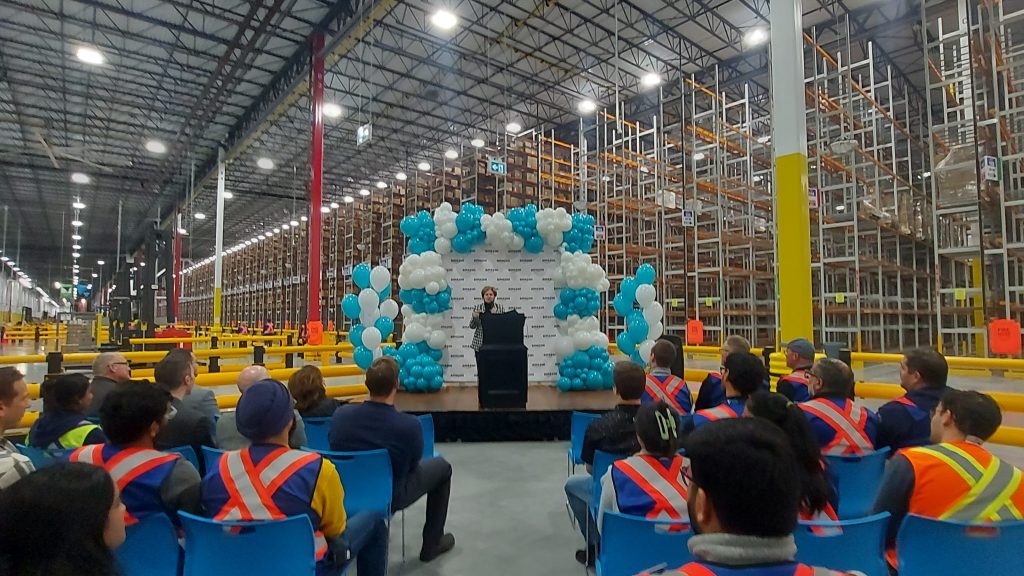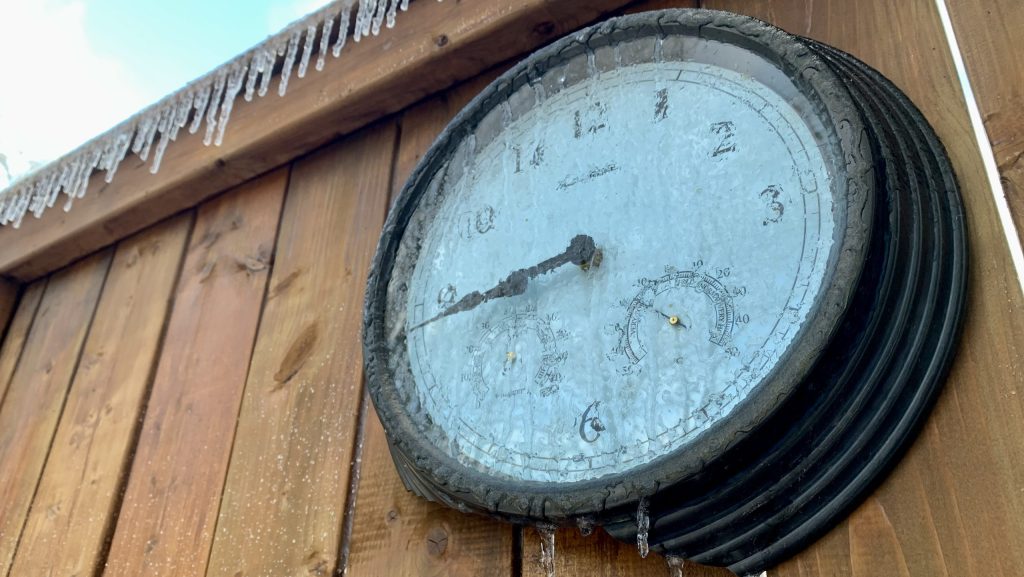Region of Waterloo error leads to $13.7M loss in development of Amazon fulfillment centre

Posted Dec 11, 2024 07:48:26 AM.
Last Updated Dec 11, 2024 10:40:03 AM.
The Amazon Fulfillment Centre on Blair Road in Cambridge finally opened just one month ago, but behind closed doors, the developer of the building and the Region of Waterloo were tied up in a two-year-long dispute over charges paid on the development.
The developer of the fulfillment centre, a group of parties which includes Broccolini Real Estate Group, received a healthy 60 per cent discount on development charges prior to the construction of the building in 2022.
In fact, the group saved more than $13.7 million after being allowed a discounted rate set aside for developers building industrial developments in Waterloo Region.
The issue was brought to the Ontario Land Tribunal for a ruling on whether or not the developers would be required to pay the region that discounted rate after the region learned an error had been made.

Development charges are a one-time fee imposed on the builder to offset the costs of increased municipal services and infrastructure needed for the growth a development would bring to an area.
A point of contention arose once the region learned more about the nature of the Amazon building after those development charges had already been paid on Aug. 18, 2022.
In the region’s original assessment that happened in July 2022, there was an applied 60 per cent discount to the development charges on the build based on the developers’ identification of the use of the lands as being for an industrial building. But, the region claims that, at the time, the developers had information that would lead them to believe the build would not be labelled as industrial under the development charge bylaw.
The region contends that the developers did not list the build as a fulfillment centre in the application, which led to the discount erroneously being applied.
The region’s own description of an industrial building, as described in the development charges bylaw, is a building where the manufacturing of goods and materials takes place, where research or development activities in connection with the manufacturing of goods takes place, or the retail sales by a manufacturer are carried out, but only if its the site where the manufacturing of those goods happens.
An Amazon Fulfillment Centre acts as a third hand in transactions between buyers and sellers in online transactions made through the multi-national retailer, managing inventory and completing orders made online.
The region went to the developer in November 2022, looking for a corrected amount to be paid on the development charges, hoping to tack on that $13.7 million to the roughly $9 million that had already been paid.
The region’s counsel noted that if the developer failed to correct the error, than it would be the taxpayers who would be held accountable to make up for this shortfall.
The lawyer representing the developers, Steven Ferri, contested that the region should be blocked from retroactively applying charges after the original fee had already been paid, adding that it would be an “absurd result” benefitting nobody, and that “there would be no permanence to the development charge regime.”
The land tribunal agreed and ruled that the developer would not have to pay the region any more than it already has, which is just $9 million instead of a possible $22 million.
It’s worth noting that the issue of whether or not the development should be considered industrial was not part of this phase of the tribunal’s ruling, though it would have come into play had the proceedings progressed past this point.








